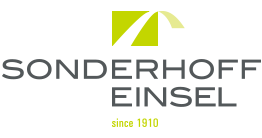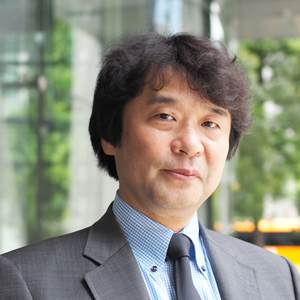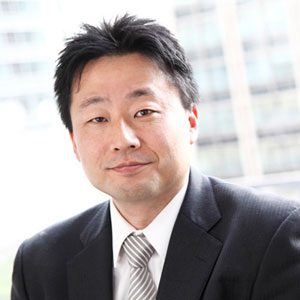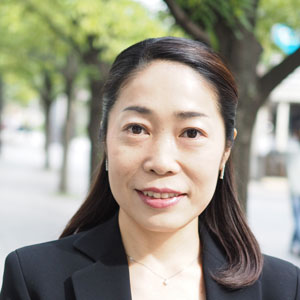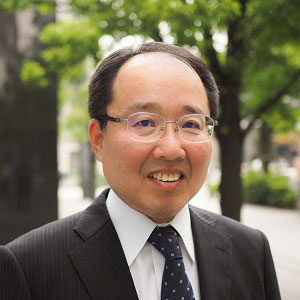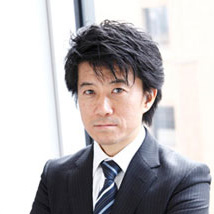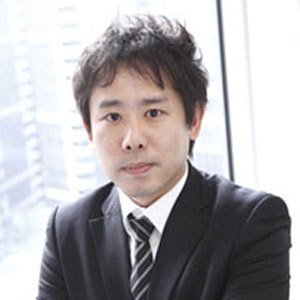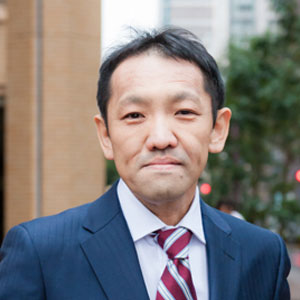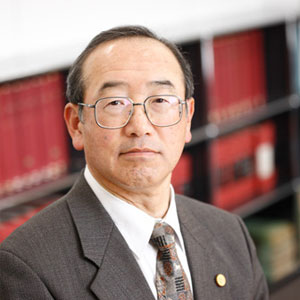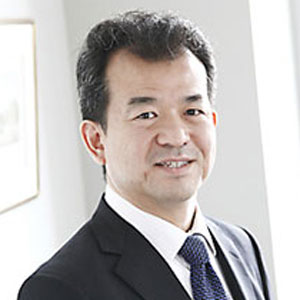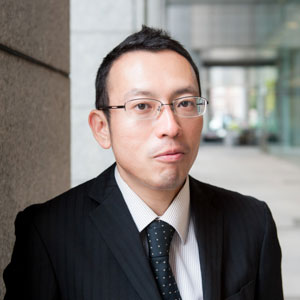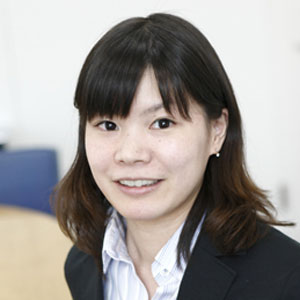Chemistry: The client is a European manufacturer of chemical products (patent owner/plaintiff) and owns its patent concerning dental restoration material. The client filed a patent infringement litigation against a Japanese dental material manufacturer (defendant). We also defended the client in the patent invalidation proceedings at Japan Patent Office and its appeal proceedings at the Tokyo High Court filed by the defendant. JPO and Tokyo High Court upheld the validity of the patent, but the court did not approve the infringement for the reason that one of constituent elements of the patent claim is not satisfied.
Telecommunication: The client owns patents related to control channel allocation and decoding system in respect of LTE network systems internationally (including Japan). This patent is not regarded as a Standard Essential Patent (SEP), but most telecommunication companies are believed to use the same or similar technology as this patent for their control channel allocation in LTE system. One telecommunication company challenged the validity of this patent at Japan Patent Office, and we represented the client. JPO declared invalidity of this patent, and the client appealed to the IP High Court. The issue is whether the amendment to the claims requested in the patent invalidation proceedings should be allowed. The IP High Court rejected our appeal.
Machinery: The client is an affiliate of a Japanese semi-conductor manufacturer (patent owner/plaintiff) and owns its patent concerning machinery used for manufacturing semiconductor chips. The client filed a patent infringement litigation seeking injunction of sale of machines and compensation for damages against a competing manufacturer (defendant). There is no room for the defendant to deny that the defendant’s product satisfies all constituent elements of the patent claim, and the issue was whether the patent should be invalidated or not. The Japan Patent Office dismissed the patent invalidation trial filed by the defendant, and the defendant appealed to the High Court. In the infringement litigation, differently from the patent invalidation trial, the defendant argued invalidity of the patent for the reason that the patent invention was publicly used. A settlement agreement wherein the defendant admits validity of the patent and the infringement was reached before the court.
Software: We represented a smartphone application development and distribution company (defendant) in patent infringement litigation and multiple preliminary injunction proceedings filed by a Korean company (patent owner/plaintiff) based upon its smartphone software-related three patents. We also represented the same company in patent invalidation proceedings at the Japan Patent Office which we filed against the patent owner. The court delivered a verdict of non-infringement for one petition of preliminary injunction for the reason of invalidity of the patent due to breach of requirements for amendment to the claim after registration of the patent. The plaintiff withdrew all such preliminary petitions. The settlement for the patent infringement litigation was made in front of the court upon the condition that, in exchange of withdrawing the invalidation proceedings, the patent owner admitted no infringement of their patent in-issue in such proceedings.
Cosmetics: This is a case following the case mentioned below as “Unfair Competition” case. The Japanese individual (patent owner/plaintiff) filed a patent infringement litigation against our client, an affiliate of the European cosmetic company (defendant), based upon its patent concerning a lipstick container. Our client filed the patent invalidation proceedings at the Japan Patent Office against the Japanese individual and appealed to the IP High Court, in addition to submitting defense of invalidity of the patent based upon usurped application, as well as defense of the prior use rights. The court did not approve the invalidity of the patent, but rejected the infringement based upon the prior use rights, and dismissed the plaintiff’s claim.
Unfair Competition; False Statement of Patent Infringement: Under Japanese law, distribution of warning letter of infringement to third parties constitutes an Unfair Competition, if the alleged infringing products is proved not to infringe the patent. A Japanese small company (defendant), represented by a Japanese individual (patent owner), distributed warning letters to retailers alleging that our client, a European cosmetic company (plaintiff), infringed the patent owned by the patent owner concerning a lipstick container, and visited some retailers by threatening them with criminal penalty under the Patent Law. Our client filed a litigation at a District Court and the IP High Court seeking declaratory judgement of non-infringement of patent, injunction of false statements of infringement and compensation for damages pursuant to the Unfair Competition Prevention Law, as well as patent nullification proceedings at Japan Patent Office and the IP High Court against the defendant. The court did not approve the invalidity of the patent, but declared the non-infringement of the defendant’s patent based upon the prior use rights of our client, and ordered injunction of false statements and the payment of compensation for damages pursuant to the Unfair Competition Prevention Law.
Doctrine of Equivalent and Abuse of Patent Right: The client is the supplier of roof plates, which is the defendant in patent infringement litigation concerning the roofing structure. The client denied the literal infringement, but the plaintiff argued the application of the Doctrine of Equivalent. The client also submitted a defense of abuse of patent right based upon apparent invalidity of the patent (this case is after “Kilby” case Supreme Court judgement, but before insertion of Article 104-3 of the Patent Law). The court declared the apparent invalidity of the patent, as well as denial of application of Doctrine of Equivalent, and dismissed the plaintiff’s claim.
Employee’s Invention: The client is an affiliate of a Japanese semi-conductor manufacturer. A former employee of the client filed a lawsuit seeking payment of “reasonable consideration” for transfer of employee’s invention to the client pursuant to Article 35.3 of the Patent Law (before amendment of 2004). The issue was the contribution ratio of the plaintiff. The court admitted only about 5% of the amount claimed by the plaintiff.
